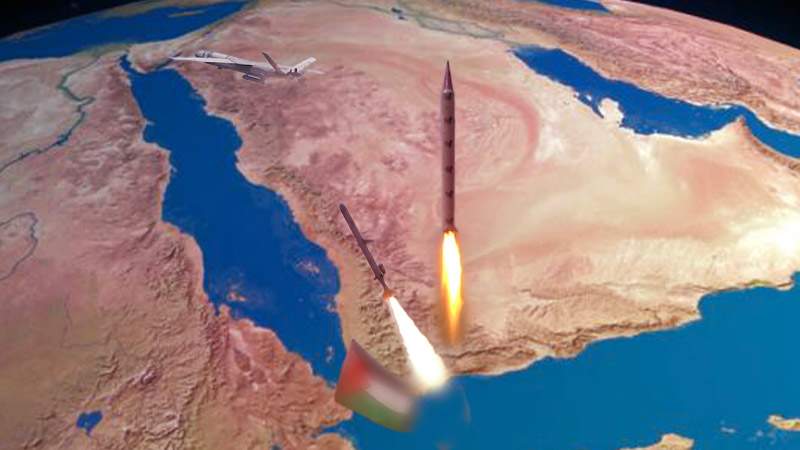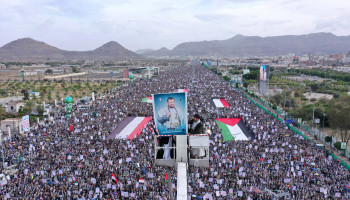The Yemeni Armed Forces have executed three specialized naval operations across the Red Sea, the Arabian Sea, and the Indian Ocean, targeting ships that violated the declared ban on Zionist maritime navigation. These actions underscore Yemen’s determination to establish new rules of engagement, balancing the expanding Zionist aggressions from Palestine to Lebanon. The sustained strength of Yemeni military operations could significantly expand the expenses of Zionist crimes if such momentum persists.
In a second statement on Tuesday evening, Brigadier General Yahya Saree detailed the operations, stating, “The naval, missile, and drone forces of the Yemeni Armed Forces carried out three military operations.” He elaborated that "the first operation targeted the British oil tanker Cordelia Moon in the Red Sea," noting that "the attack involved eight ballistic and cruise missiles, a drone, and a remote-controlled boat." This operation sends a clear signal that Yemen's arsenal of these weapons has become a strategic asset, positioning the nation the ability to face a variety of challenges.
Brigadier General Saree confirmed that "the operation caused severe damage to the ship," and the overwhelming missile, aerial, and naval strike on the British vessel sends a message to enemies that Yemen will adopt a forceful and decisive approach in the upcoming phases.
He further noted that "the second operation targeted the Marathopolis vessel in the Indian Ocean using a cruise missile." The fact that Yemen successfully coordinated operations across such a vast maritime area—from the Red Sea to the Indian Ocean—demonstrates the Yemeni Armed Forces' capability to execute wide-ranging naval operations with precise coordination. The simultaneous nature of these operations, despite the significant distances involved, highlights Yemen’s ability to monitor, track, and strike targets across its entire operational theater, ensuring that enemy vessels cannot escape, even when traveling in groups or through various seas.
The third operation, according to Brigadier General Saree, "targeted another ship for violating the ban on entering the occupied Palestinian ports, while it was sailing in the Yemeni Armed Forces' area of operations in the Arabian Sea, northeast of the Socotra Archipelago. He added that "the ship was hit by a drone, causing a direct and severe strike."
All three operations shared a common factor: direct hits and a wide array of weapons, demonstrating that the Yemeni Armed Forces now possess diverse and effective options for targeting their enemies.
In closing, Brigadier General Saree reaffirmed that " the Yemeni Armed Forces will continue their military operations and maintain the naval blockade on the Israeli enemy," stressing that "these operations will only cease when the aggression against Gaza stop, the blockade is lifted, and the attacks on Lebanon end."
In the opening of his statement, Brigadier General Saree made clear that these three operations were launched "in defense of the oppressed peoples of Palestine and Lebanon, and support of both the Palestinian and Lebanese resistance." This confirms that under the leadership of Sayyid Abdul-Malik Badruldeen al-Houthi, Yemen has firmly adopted a policy of defending the oppressed and deterring Zionist aggression, regardless of the dangers and challenges that may arise.







